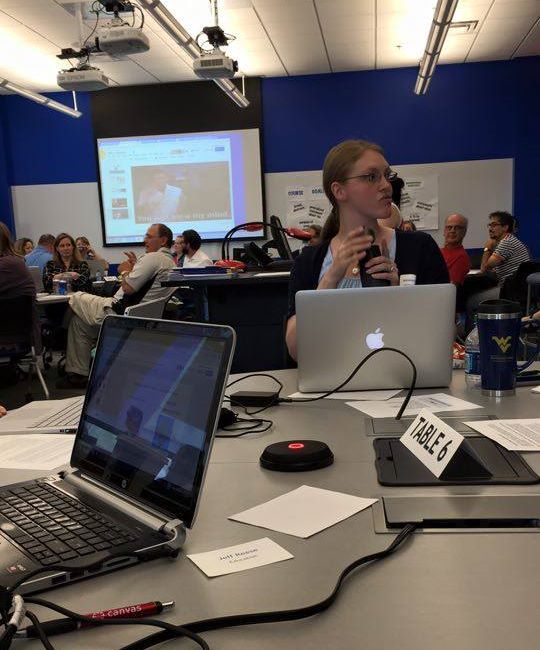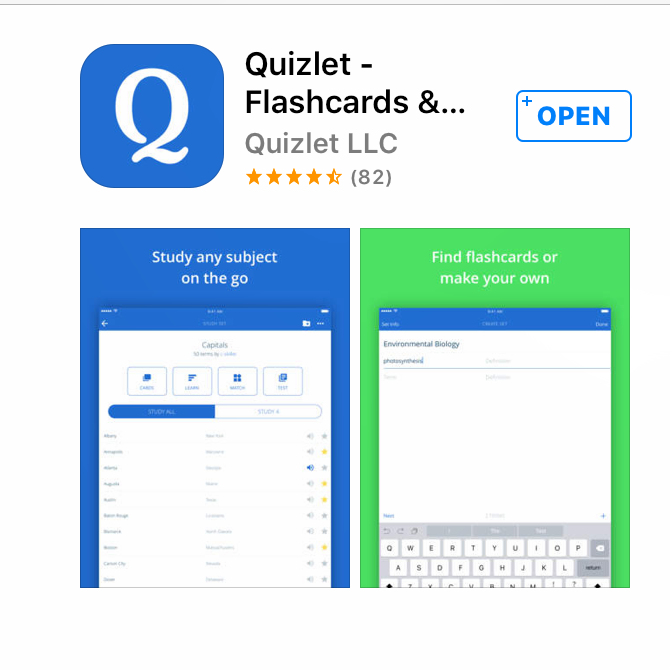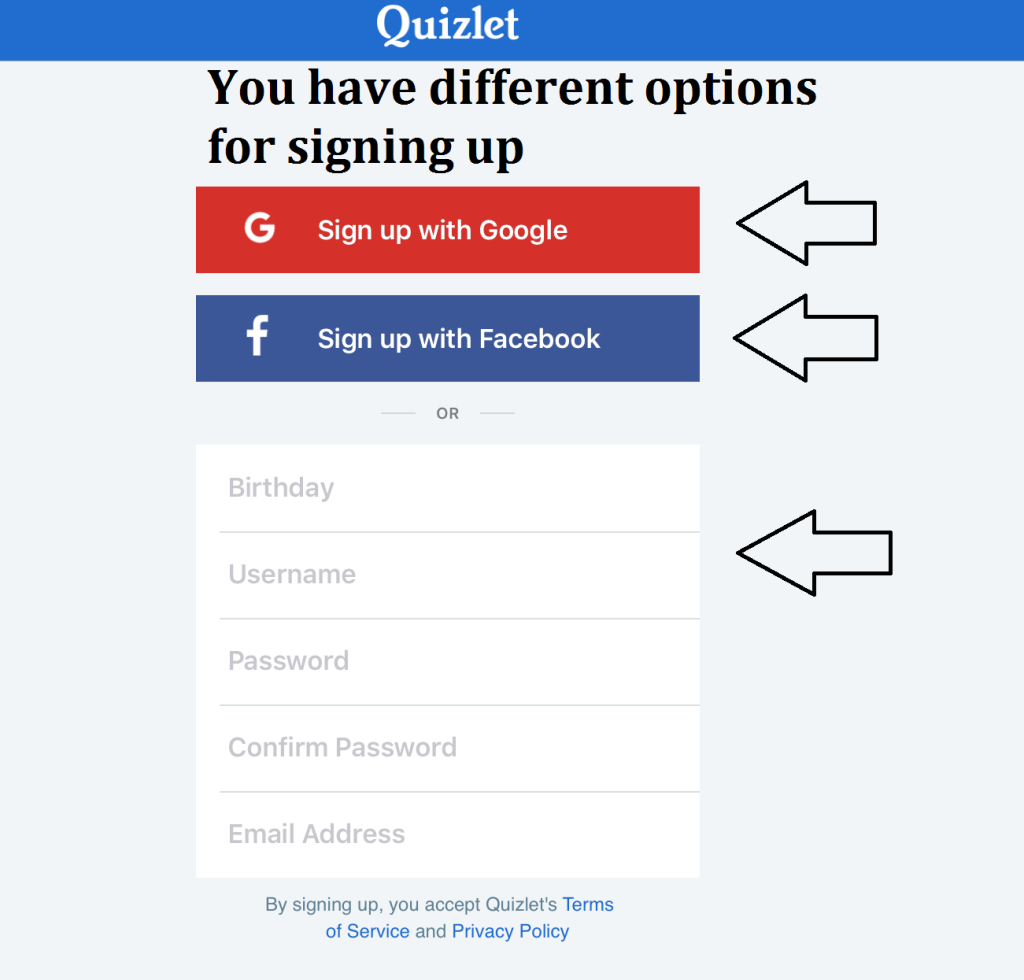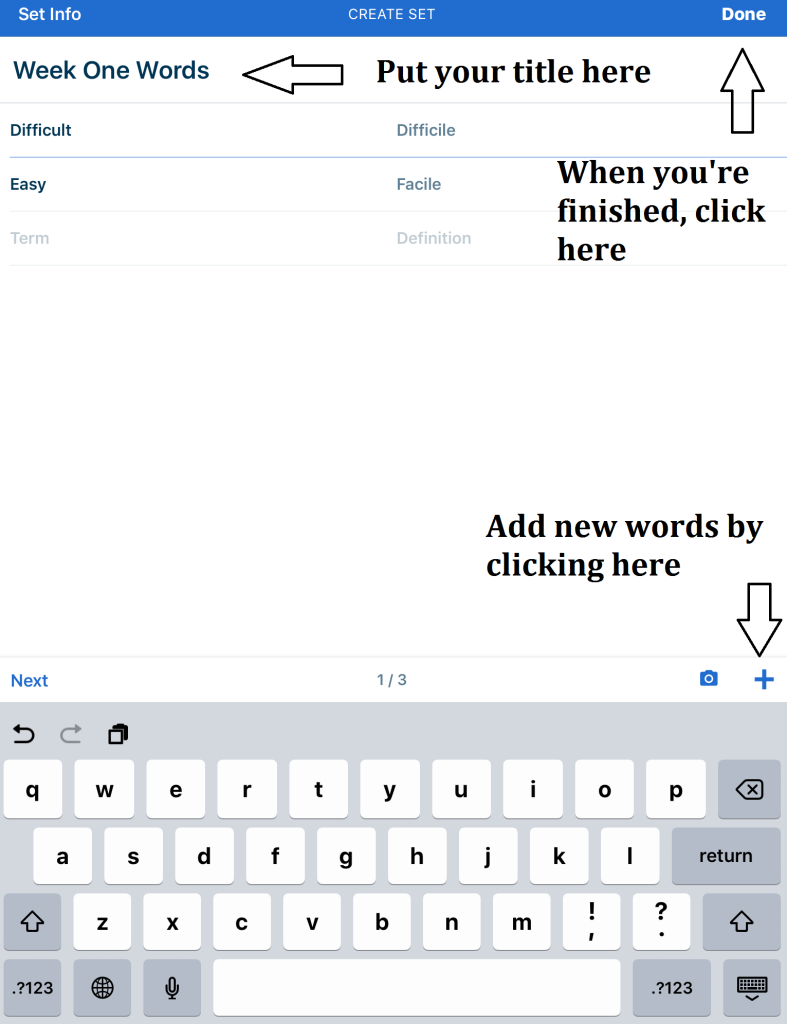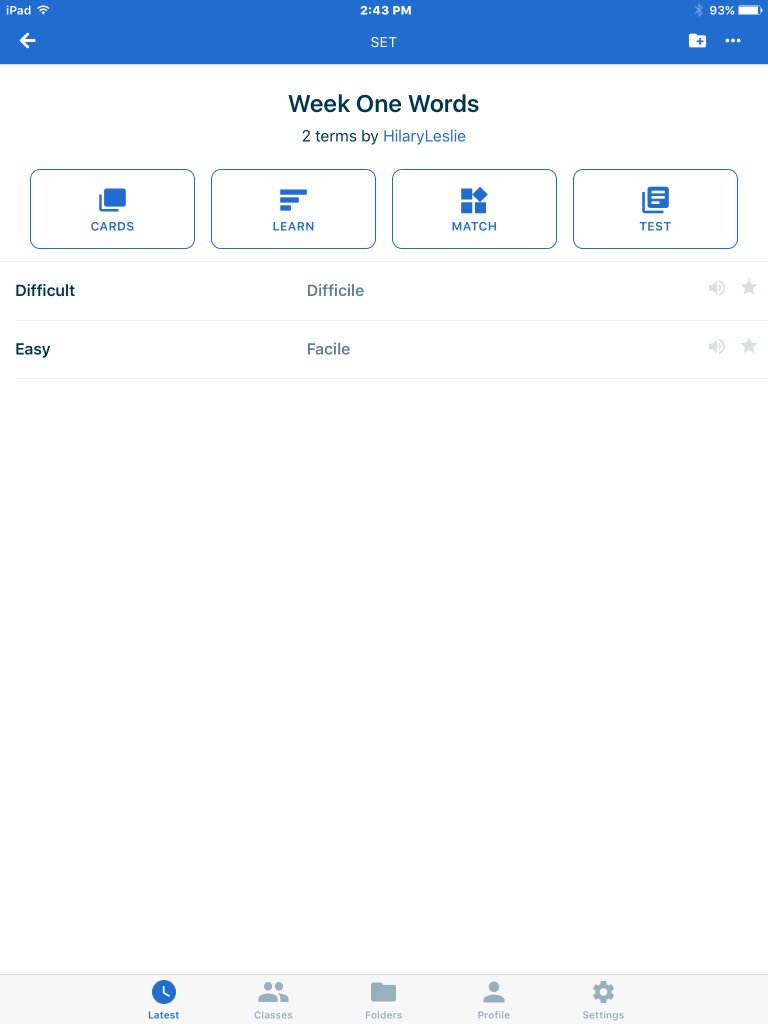
Once you’ve chosen a word to learn, what’s the best way to do that? What’s the most effective strategy for learning new vocabulary words?
An interesting book I read in graduate school, Vocabulary Myths by Keith S. Folse, claims that there is no single best way to learn new vocabulary words. As Folse says, “It does not seem to matter so much what students do with new vocabulary provided that they do something and that they do it consistently. In other words, find the method that works best for you and then keep using it.
Overall, the best vocabulary learners, according to research, followed these steps:
- They were instructed on how to learn vocabulary (something I hope my blog posts can help with).
- They set specific learning goals for a set period of time.
- They selected the most appropriate learning strategies (more on that later).
- They periodically evaluated their strategies and used a combination of strategies to improve their effectiveness.
- They regularly tested their mastery of vocabulary words.
- They managed their time and made sure to devote a set amount of time to learning vocabulary during their English studies.
So how about those learning strategies? If there’s no single best way, what are my recommendations for effective vocabulary studies?
I personally prefer a fairly structured approach to learning vocabulary. From my own experience with French, keeping a notebook of new words and reviewing it regularly really helped me to acquire an extensive vocabulary over a period of years. With new technology and mobile apps, it’s no longer necessary to actually write words down on paper, but I believe you should store them somewhere.
To learn each individual word, I recommend four steps.
First, establish a clear definition of the word. For that, research shows that using a dictionary is definitely better than trying to guess the meaning of the word from its context. Should you use a bilingual or English-only dictionary? Although many ESL teachers frown on bilingual dictionaries, I think they’re usually necessary for beginners and even intermediate students. Just make sure you use a high-quality dictionary from a reputable publisher, or a trusted online dictionary. If you are a more advanced student, I would also recommend that you identify common collocations for your target words. Collocations are pairs or groups of words that regularly occur together. By using an online resource such as this, you can identify, for example, when to use responsible for and responsible to. This is a particularly important skill for the IELTS.
Second, place your target word in the context of a sentence. English-only dictionaries are a great resource for such sentences. When possible, if you’re recording a sentence along with the definition, use a sentence that has a personal meaning. For example, my boss is responsible for preparing reports for the managers.
Third, connect the new word to a concept – something that will help you remember it. To do this, I highly recommend that you use a mental image and not the definition in your native language. For example, if you’re learning the word responsible, create a mental image of your boss preparing a report at her desk. With this mental image, you’ll be less likely to rely on your mental translator when you’re speaking or writing that word.
Fourth, explore your word. Is it related to other words you know? This would be a great time to add it to those groups of words I talked about in my last post. So, for example, perhaps you have a group of “adjectives to describe good workers.” You could add responsible to other words like diligent, hard-working, trustworthy, and honest. In addition, you should also learn other words in the same word family. If you are studying responsible (an adjective), you should also learn responsibility (a noun) and responsibly (an adverb). Finally, as you become more advanced, you’ll want to take a look at the morphology of your target word.
Morphology is the study of a word’s structure. Some understanding of English morphology, especially the Latin and Greek roots of English words, can greatly expand your vocabulary. Did you know, for example, that 90% of scientific words in English have Latin and Greek roots? I’ll discuss that in a later post. For now, just try incorporating some of these ideas into your vocabulary learning!





